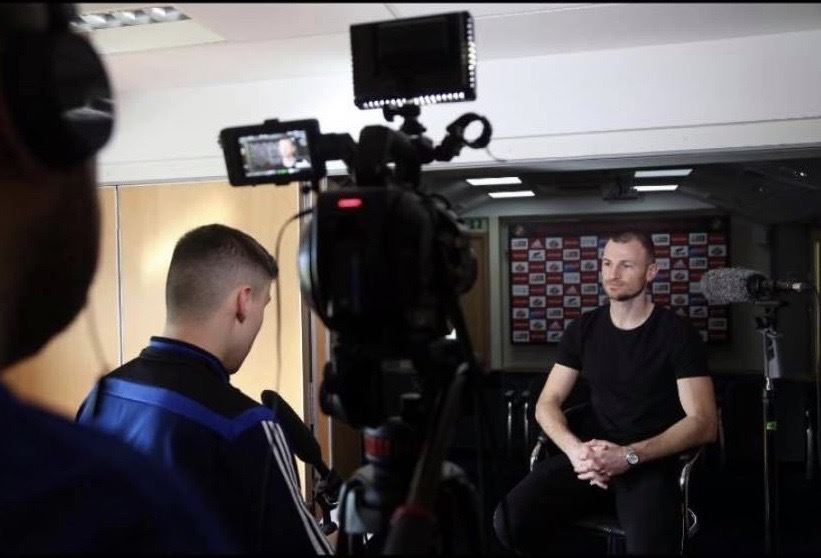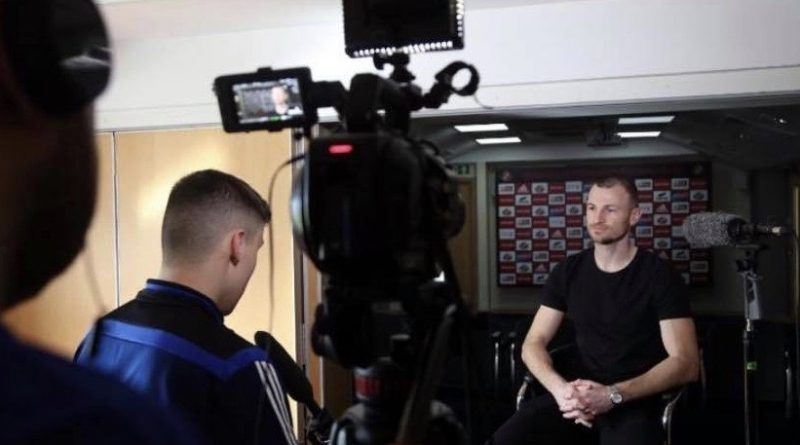The struggles of losing your Premier League dreams at a young age
Millions chase the dream of reaching the Premier League. However, few reach it and the academy system does not help you get a job outside of football, so what are the next steps like after leaving football behind?
Growing up watching and playing football is so many children’s childhood with millions of youngsters wanting to make that breakthrough. However, once you are inside the academy way of life ‘you know very little else’ says Eddie Oshodi who was let go by Watford at the start of his career.
Many people are set on being a footballer and become engrossed within the game. However, there are many other sports which can help build many other skills and are a lot more relaxed and welcoming than the footballing community. For example, at the local rugby club within their grounds, they have a rugby and cricket itch as well as cricket nets to train in. This automatically merges two sports together and thus making it a more friendly atmosphere and less pressured to succeed.

Why is it that so many players fade away from the game after being released by academies at different ages? Many realise they don’t actually like laying football, but just wanted the lifestyle, money and dream of making it to the top. Robbie Mitchelson who was released by Newcastle United at a young age but it made him realise how competitive it was and that he didn’t actually enjoy it and decided to try with a ball in his hand and forged a career in rugby. He said: ‘Yeah definitely, it was as soon as I started playing rugby full time I knew that was the right decision and I just enjoyed it much more.’
Having a sense of belonging and feeling like you belong somewhere is a key requirement to most things in life so if you are doing something in your spare time without enjoying it what is the point? Robbie admitted he felt ‘more comfortable’ playing rugby after leaving football. He added: ‘It kind of felt more comfortable and that I was doing the right thing. I went from kind of feeling out of place and not good enough to fitting in really well and went to rugby and I’ve just enjoyed it a lot more than I would have with football as it’s a lot of pressure playing football.’

This is enforced by the Chief Executive of the PFA, Gordon Taylor who says when a young player is released ‘it’s as though their lives have come to an end’ and nobody should feel their life is over when they get released at such a young age. Many players lose that routine they have from being in an academy for years and then tossed away may struggle to come to terms with it if they don’t have anything to fall back on as Robbie said: ‘If you don’t have that it would derail you a little bit I suppose.’
With only 10% of players earning a professional contract with their clubs, according to the FA, it is no surprise many young players leave the game early and fall out of love with it. Players get dreams of a lavish lifestyle and build their life around making it as a player but don’t get told the damning reality of the footballing world. The amount of time required to even get close to professional level forces players to make a decision on education or chase their dream of becoming a professional footballer. To do both is almost impossible, as the EFL accepts ‘only a small’ number take A-Levels, which was reported in The Telegraph.
While many people fall out of love with the game after their dreams are in tatters, other have been in the game for so long it gets under their skin, like Conor Gardner who was at Sunderland’s academy until he was 16-years old but has ended up working for their media team. However, like many he struggled to come to terms with being released while everything was looking promising, he said: ‘It was difficult because I was 16 when I was released and I was set on being offered my scholarship and didn’t really think of any alternative.’ This shines a negative light upon academies as players are so focused and determined to make it professional that they ignore their education and being left with very little options once released.
However, in the past, once you leave football that was it and you had to forge a career in something easy or manual labour whereas now the media industry is booming and full of former players. Many players in academies are now able to attend university or do their A-Levels as well as performing at a high standard with the number of courses available online. For Conor, it was a case of staying in football which saw him take a career change and try his hand at working behind the screen and from the stands and sees little difference in the roles as the ‘only difference is they’re on the pitch and I’m behind a computer screen.’

Just like Robbie, Conor knows he was lucky to almost fall into something after leaving the academy as ‘there’s only two players left at Sunderland who were my age’ so to find a route back into his boyhood club he claims it was ‘definitely’ a lifeline. The pressure of not being able to let standard slip ‘was really big every day’ for Conor which is not there when your job is within the stands. For so many players getting released and leaving football, especially on the pitch behind may be a blessing in disguise as a 2015 study conducted by Dr David Blakelock of Teeside University found that 55% of players were suffering ‘clinical levels of psychological distress’ 21 days after being released by an academy.
Football is the most popular and watched sport in England. Players should be warned about the reality of not making it at the top and ensuring all players have a skill/trade or education to fall back on so they do not ‘derail’ their life.




